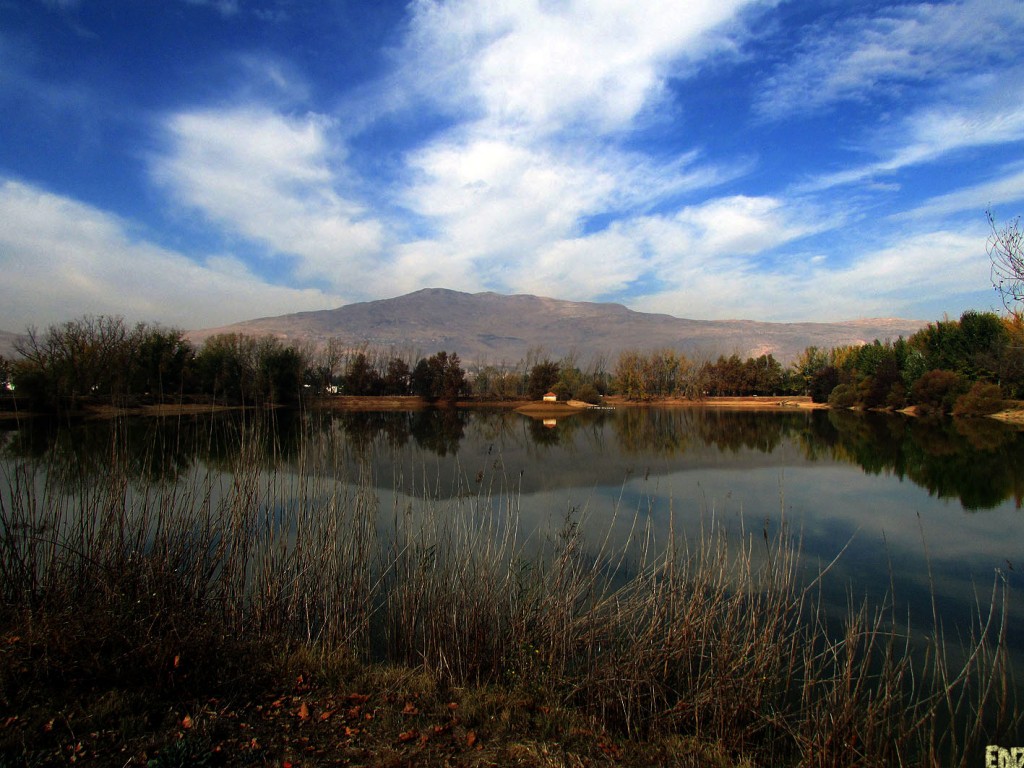As my students and I discuss the writings of St. Augustine in Beirut, we’re contemplating the imagistic nature of memory, and the relationship between memory, personal identity, and autobiographical narrative…
The power of memory is prodigious, my God. It is a vast, immeasurable sanctuary. Who can plumb its depths? And yet it is a faculty of my soul. Although it is part of my nature, I cannot understand all that I am. This means, then, that the mind is too narrow to contain itself entirely. But where is that part of it which it does not itself contain? Is it somewhere outside itself and not within in? How, then, can it be a part of it, if it is not contained in it?
I am lost in wonder when I consider this problem. It bewilders me. Yet men go out and gaze in astonishment at high mountains, the huge waves of the sea, the broad reaches of rivers, the ocean that encircles the world, or the stars in their courses. But they pay no attention to themselves. They do not marvel at the thought that while I have been mentioning all these things, I have not been looking at them with my eyes, and that I could not even speak of mountains or waves, rivers or stars, which are things that I have seen, or of the ocean, which I know only on the evidence of others, unless I could see them in my mind’s eye, in my memory, and with the same vast spaces between them that would be there if I were looking at them in the world outside myself. When I saw them with the sight of my eyes, I did not draw them bodily into myself. They are not inside me themselves, but only their images. And I know which of my senses imprinted each image on my mind…
— St. Augustine
